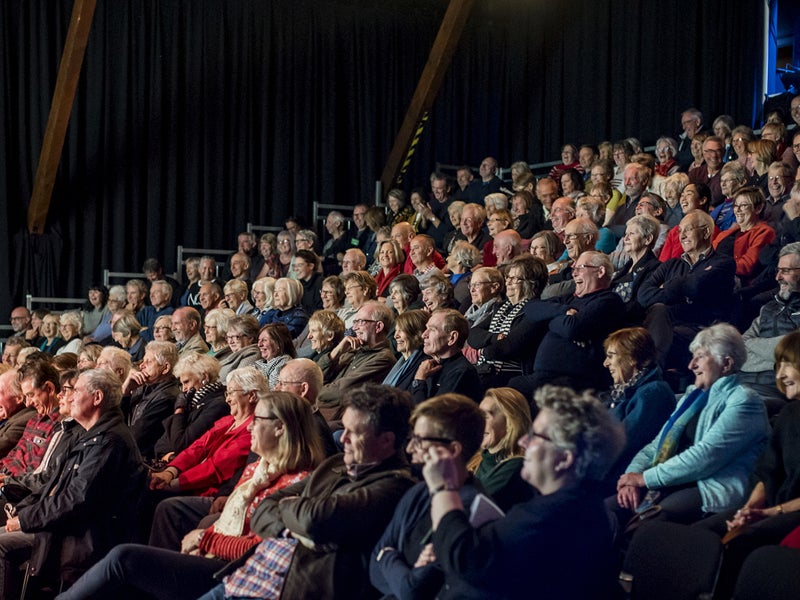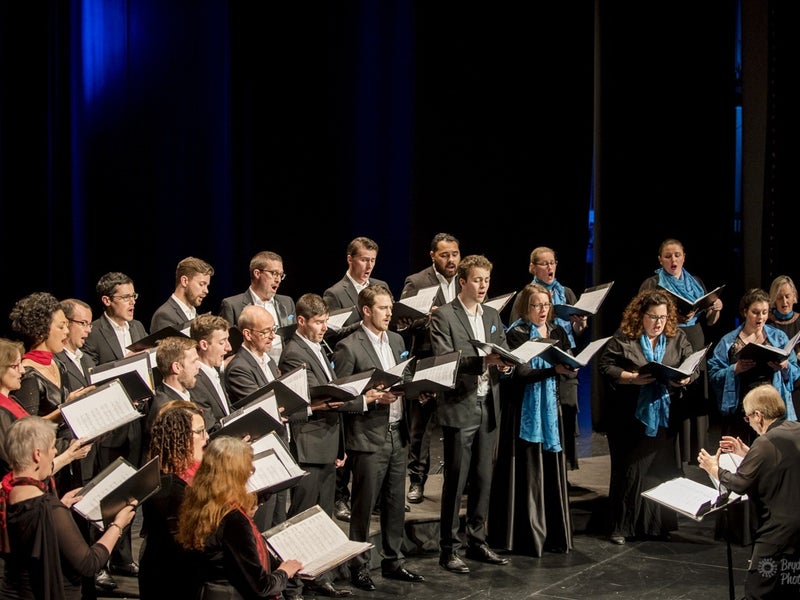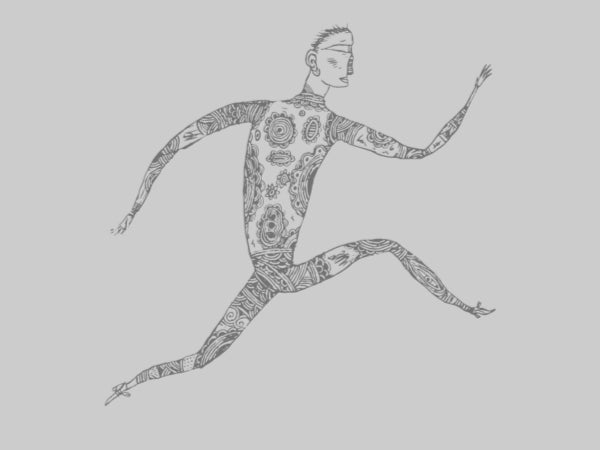The Shield of Achilles
by Harold Jones
We are in a moment of extraordinary global turmoil. Around us, the present and near future are bound together in radical uncertainty.
Yet we, ourselves, are stilled, quietened, home-bound, in lives of semi-isolation.
There is a mirror of this moment. We can visit it. Imagine a time and place – far distant – of dramatic contest and dislocation. The normal ebb and flow of life is interrupted, distorted, by an immense, never-before known challenge to individual lives, to traditional existence.
Yet amidst this inescapable tumult, here too are the ordinary goings-on of everyday life. These are as they always have been but are now of universal importance. They are ancient lives. They are made – and have become – numinous, magical, of immense power and meaning.
I’m reflecting on a poem within a poem. It is passage of Homer’s ‘Iliad’ – the verses of ‘Book Eighteen’, known as ‘The Shield of Achilles’.
The god Hephaistos, a smith – massive, hairy-chested, half-crippled – forges a shield like no other ever made, ever imagined, for the warrior Achilles. He will carry this on his return to the long continuing battle on the coastal shore and desert ground before the besieged city of Troy.
On this great round shield, Hephaistos forges the earth, the sky, the oceans, the waxing moon, all the constellations. It is a shield of unmatched decoration and consequence.
There are two cities, with festivities and marriages in one. The brides are being led from their maiden chambers, amidst flutes and lyres, and the dancing of young men. Here too, a fight has broken out in the marketplace. For this is no fantasyland of mutual human sweetness and docility. Outside the second featured city, robbers gather, planning an ambush. Citizens and shepherds join in bloody fighting with them. Many are killed.
Elsewhere on the shield, Hephaistos creates ploughlands – soft, as they are described – with many ploughmen at work on them. They wheel about at the ends of the long furrows, the turned earth darkening behind them, and take refreshment from flagons of honey-sweet wine. There are reapers shown too, and running children picking up the cut swathes. A vineyard is featured, from which young girls and young men carry away the grapes in woven baskets. Herdsmen guide and follow their cattle, dogs at their sides. There are meadows, a peaceful valley, dotted with dwellings and sheepfolds. A dancefloor is beaten on to the shield, on which young men and girls dance, holding hands at the wrist, now in rows, then with the rows crossing through each other.
There is much more shown – more in expanse and in detail. Here, in total, is a place where time moves and is still. A place where ordinary people go about their daily business and their other activities – some chosen, some forced on them – in constant motion and without moving.
The people, their activities, are both generalised and intensely individual – a bride, a ploughman, a child behind his or her armfuls of cut wheat. We don’t know the names of any, nor what anyone looks like. But they are lifted out of their day-to-day environments, their unconcerned habits, their particular choices, ways of work and life, and given a role that is superhuman. They are both utterly real, and completely imagined.
Time does not move for them. They move in a time that is motionless. They carry on their lives – exactly as lived many tens of centuries ago – right now, in 2020. They are both still and always travelling.
The passage itself is an artwork within a work of art, a poem within life. The passage fulfills a role open to all artworks. It transcends time and place, stilling truth, fixing the real, where it remains endlessly recoverable.
It is right that this poem, the vast motion picture, its varied and changing scene – this conception of universe and day-to-day humanity – is formed for a shield like no other.
In periods of extreme upheaval and uncertainty – as in all time – the fact of the ordinary has unmatched value. It is the greatest shield and celebration of humanity there is. Hephaistos, beating out all life in gold, tin, silver and bronze on a shield for Achilles, knows this well. Achilles will carry it into a world of immense uncertainty, of absolute danger. We can too.
Harold Jones is a poet, educated at Cambridge University and living in Tauranga. Co-founder of Queenstown Natural Perfumiers, his poems have been widely published in NZ and UK literary magazines. Auckland University Press brought out a selection of his work in ‘New Poets Four, 2011’. A collection, ‘Curriculum Vitae’, appeared in 2014, with a review in ‘New Zealand Books’ stating, “Everyone should read this achingly powerful collection”.







